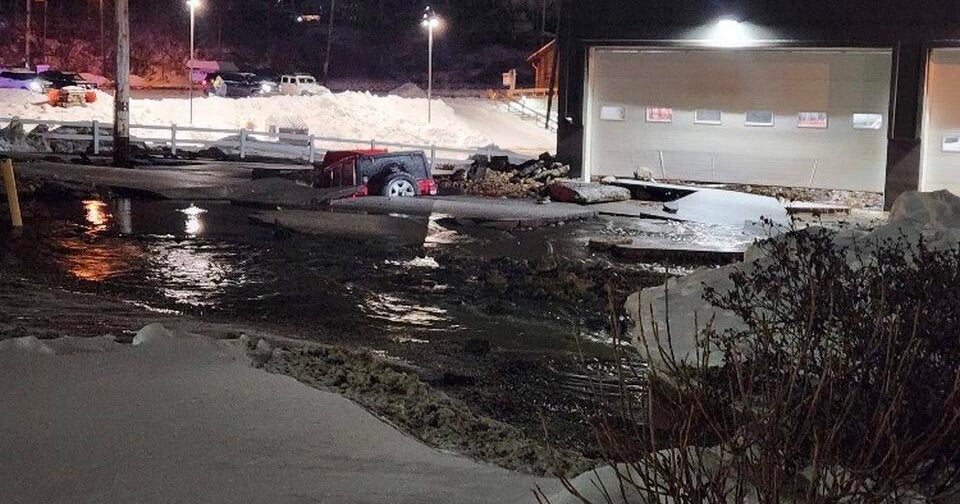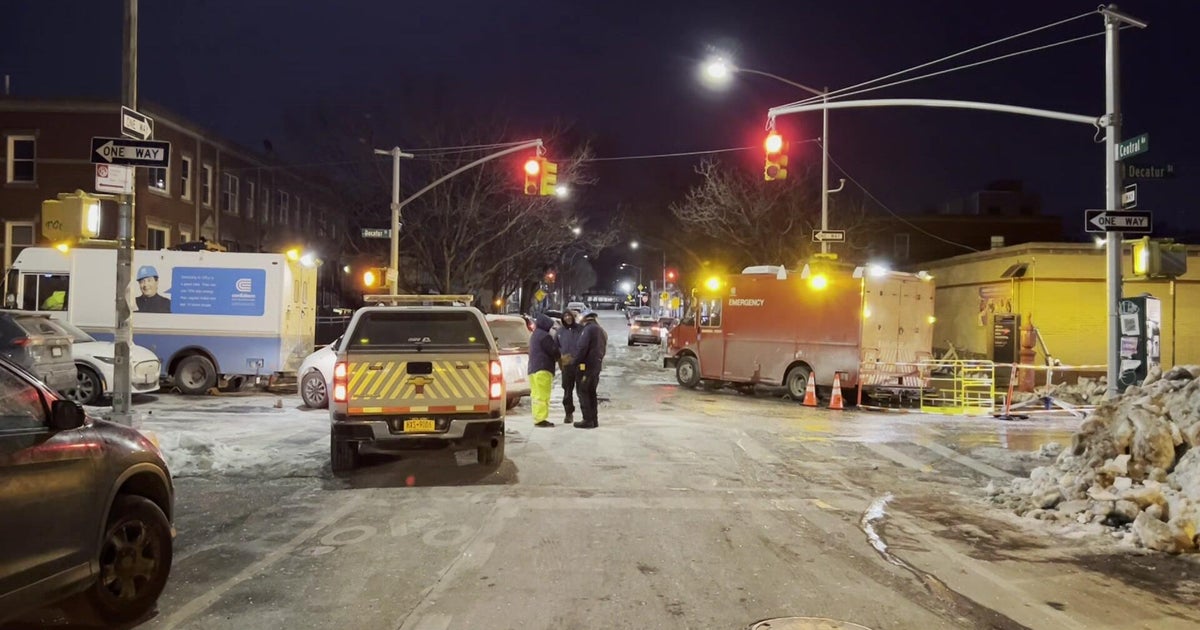Good Question: Why Do We Have To Pay More For Using Less?
MINNEAPOLIS (WCCO) - For most businesses, supply and demand rules the day. But utilities like Xcel Energy encourage their customers to conserve. Then when energy use is down, they ask the Public Utilities Commission for a rate increase.
Dan Israel vented his outrage on Twitter.
"It's amazing, isn't it? They're punishing us for LISTENING TO THEM!" Israel wrote.
Xcel will apply for a rate hike on Friday, but why are they trying to charge us more because we're using less? Laura McCarten, Xcel Energy regional vice president for Minnesota, explains.
"There's a couple of reasons for that. We're not like other companies. Even though energy consumption is down, we're still a 24/7 operation," McCarten said. 'We need to have our power plants and electric grid running safely to meet our customer's needs. And those costs don't change."
A spokesperson said Xcel is making money in Minnesota, but the company says it's far below the target of 10 percent profit set by the Public Utilities Commission.
They said the economy is the main cause, with businesses not expanding or in some cases closing. For example, the Verso Paper Mill fire cost them 1.3 percent of their Minnesota business.
'Unfortunately, the Verso Mill did not restart after the fire, and the Ford plant closed and some other things as well," she said.
With interest rates at record lows, McCarten said the company wants to upgrade its two Minnesota nuclear power plants, which have had reliability problems.
"We're investing now so our nuclear power plants can operate for another 20 years," she said.
It is unusual for a business to urge its customers to use less of its product.
"For one, it is state law. For another reason, it is the cheapest and greenest unit of energy - the one you don't have to produce," McCarten said.
Over the past 20 years, she said, customers have conserved so much energy; they've saved the company from having to build new power plants, which can cost nearly $1 billion to construct.
But if businesses and consumers keep using less while the cost of providing electricity goes up, we can expect retail prices to keep rising too.
"We don't have a third shift we can get rid of. We can't say, 'These customers we're not going to serve anymore,'" she said.







